Often, when talking about history of happiness, scholars like to state this or that persons contribution to the topic of happiness. However, perhaps even more important historical event that marked modern happiness happened around 10.000 years ago with the advent of agriculture.
Before this point, people lived in forager societies, which roamed the Earth for over 300,000 years, which corresponds to the approximate age of the oldest homo sapien ever discovered.
This means that post-agricultural society, which we are currently living in, only represents about 3% of our overall historic human existence. With this logic, we can conclude that we are still more foragers than “civilized human beings” some people claim us to be.
To this point, our happiness is still deeply connected to the way our pre-agriculture ancestors lived their lives, and many things that make us happy or unhappy today are related to the discrepancy between how our ancestors used to live back then and how we lead our lives today.

What Made Our Ancestors Happy?
Before the agricultural revolution, we used to roam the earth in small hunter and gathering societies of about 100 to 150 people. Everyone knew each other on a very intimate and deep level since the whole group was one big family and there were no secrets or privacy within the group. Egutaliarism was the norm, and people shared everything that they had with members of their group, simply because it was the easiest and smartest way to guarantee the long-term survival of the group.
For example, if a hunter would kill prey, he would share it with the rest of the tribe, expecting that tomorrow someone else would return the favour. Even the best hunter could not count on producing consistent results and, therefore, egalitarianism and sharing was the norm. People also shared their possessions, since they constantly moved around and the few shared possessions were easier to carry rather than everyone having to carry their own stuff.
People even shared their relationships, since we used to live as one big family, whereas everyone would take care of everyone else since in the case of the sudden death of a member of society meant that everyone else would take care of their offspring.
Sure, there were some dangers that today we are happy not to have, such as the danger of being eaten by a lion, sickness of a tribe member, or some major environmental disaster, but interestingly enough, for the most part, these dangers seem to be exaggerated by today’s media.
For example, many diseases we have today, like acne, obesity, and diabetes, didn’t exist back in the day and they are said to be “modern diseases”, which appeared as a result of the way we lead our lives today. Wars, which some scholars believe to have been constant throughout the history of our species, were, for the most part, the result of the agricultural revolution, because people suddenly had something to fight over.
Before, people roamed the world and enjoyed its abundant nature, but suddenly they had to stay in one place, work on the fields, protect these fields from one another, and all the subsequent progress and innovation just added fuel to that fire. Overall, the agricultural revolution created the notion of this is my and that is yours, which didn’t exist in the forager societies.
Overall, today we like to project our current ways of living upon the overall history of humankind, often basing our knowledge on what we see happening in the last 10.000 years, which is in no way representative of how we used to live our lives during the remaining 97% of the time. This includes some of our distorted notions about happiness.
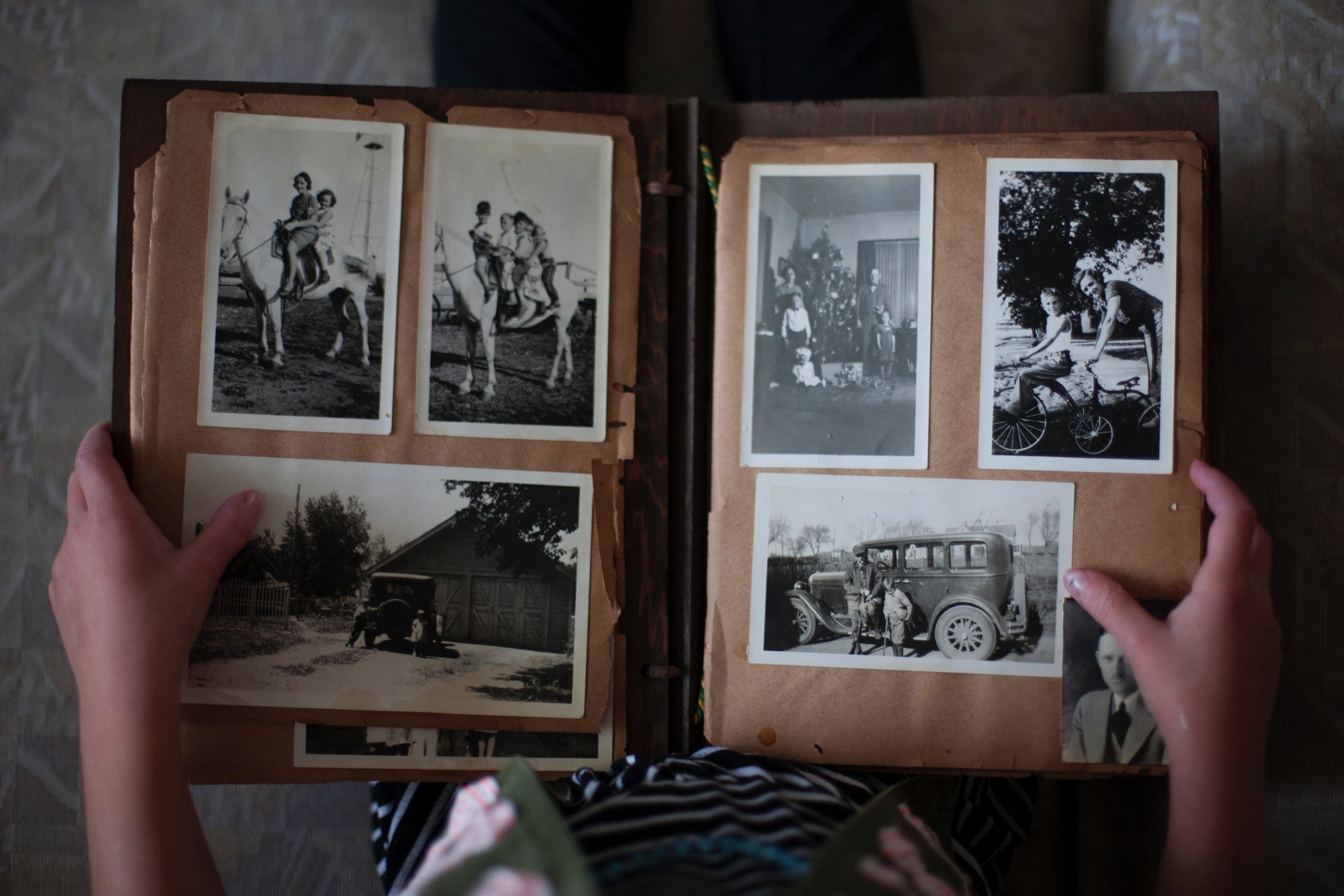
Lessons From History of Happiness Applied Today
In his book, Civilized To Death, Christopher Ryan goes into detail about different misconceptions we may have towards the pre-agricultural societies and how different they used to live and think compared to today.
For example, as mentioned before, people used to live in groups of 100 to 150, which was one big family based on trust, transparency, and intimate relationships. Fast forward to today, we are surprised when we are unhappy, chronically lonely, sexually frustrated, half of the marriages don’t work out, men who are said to be from Mars and women are from Venus, and cheating that happens even in the best relationships. Perhaps, all these problems have something to do with that difference between then and now.
On the level of materialistic pursuits, altruism and egalitarianism were the norms for our ancestors, and any form of egoism, superiority, and show of dominance was highly discouraged. This is perhaps why today we feel so threatened by the idea of inequality because our minds tell us that we should be treated like everyone else.
As such, when one person substantially has more than another person, this psychologically means that we are behind the social norm, which is a sign that we are not part of the tribe and therefore we are at a higher risk of death. Not surprisingly, any thoughts of social division and inequality cause us so much unhappiness.
In terms of our work, we are not designed for 40 hour work weeks. Relatively speaking, foragers had an abundant life as the food was available everywhere and it only took them a few hours of “working” to gather what they needed, spending the rest of the time in leisure, procrastination, and relaxing under the sun.
They did the absolutely necessary things and the rest of the time they did whatever else they wanted. Yet, today, we insist on pushing people to their absolute capacities, stating that if you are not working you are lazy, incompetent, and stupid, while procrastination is looked down upon, while before it was the norm.
These and other discrepancies between how things are now and how they used to be are at the heart of historic questions about happiness and they raise an important question whether agriculture and respective progress that followed actually made our lives better. Today, we just assume that it is the case, but few people actually ask how much better did our lives become?
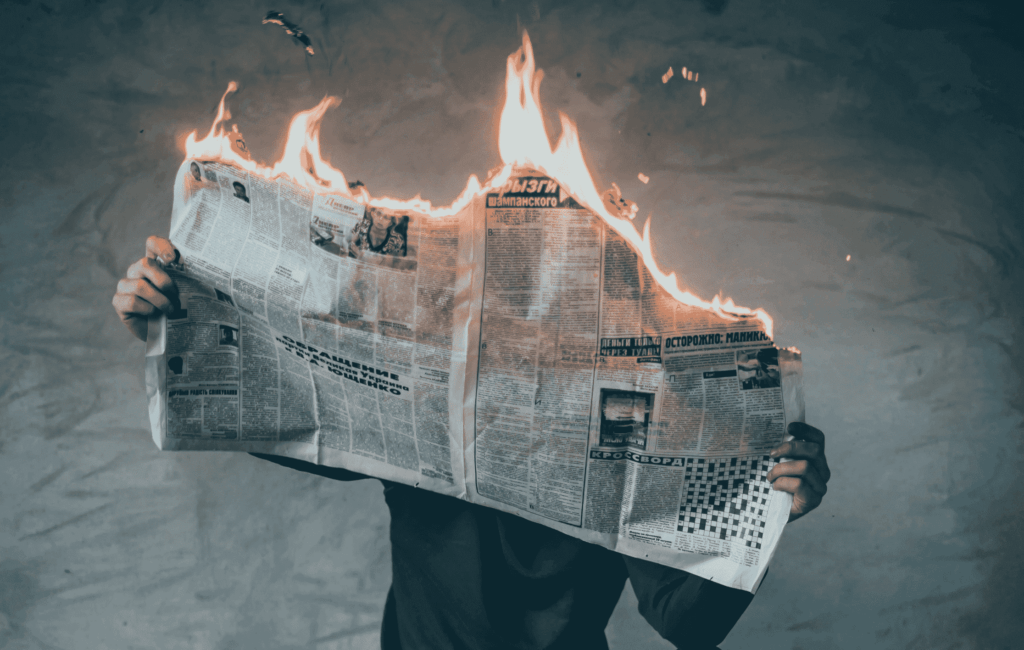
Is Our Current Society Actually Better?
It is said that the agricultural revolution started as a short-term necessity rather than a long-term plan. It was brought about by a natural disaster, which brought with is a short-term food shortage, which was later resolved, but never abandoned, since it also brought some convenience in living.
From this point forward, it still took centuries for our society to transform into what it is today simply because, for the most part, people still saw an advantage to the easy foraging style of living, compared to the hardworking life in an agricultural society. Still, progressively, people cultivated more fields, built more cities, created more social structures, and raised armies to defend these territories, and attack neighbours to gain control over their territories, slowly spiralling into a society that we have today.
Sure, modern society is progressively improving, bringing us each time more comfort, such as knowledge of science and how the world works, smartphones, and virtually instant access to products and services just with a click of a button.
Still, is this actually enough to claim that it was all worth it? After all, today we have record levels of debt, depression, obesity, overpopulation, social division, discrimination, corrupt politicians, global warming, destruction of species, and numerous threats of world-ending proportions, like nuclear holocaust, ice caps melting, and coronavirus. The list of the problems is so long that often it is easier to close our eyes, escape from reality, and pretend that the trade-off between what we have gained is in our favour.
After all, everyone around tells us that it is, so why would we question this? It is easier to pretend that our lives improved, will continue to improve, and that our ancestors had dangerous, unhappy, and short lives, instead of easy, relaxed, and happy lives anthropologists now believe them to have had. Perhaps, this is another lie that we keep telling each other so we don’t have to face reality, our demons, and what the world has transformed into.
Still, even if this is all as grim and bad as I am stating, it is also true that there is no way to go back to how things used to be. In fact, we might be so far down the wrong path that perhaps we should just see it to the very end, hoping that somehow it will ultimately work out in our favor. Oppositely, we could do something about it today, right now, one person at a time, as any small improvement accumulates over time.
We could reconnect to how we used to live, by trying to understand what it means to live in a more natural way or simply by understanding what makes us happy. After all, if something goes in line with our long-term wellbeing, it must be something natural and good for us, as it was programmed into our psyche after tens of thousands of years of evolution.
Respectfully, if we are unhappy, something is going wrong and perhaps the issue is not as superficial as some people claim it to be, such as not having enough money, not receiving enough attention from the spouse, or because we aren’t watching enough TV.
Furthermore, happy people think, act, and consume differently than unhappy people. In this way, a happier world will be a better world for everyone that lives in it and the only thing we really need to do is to change the way we are thinking, which starts by getting informed about what really makes us happy.










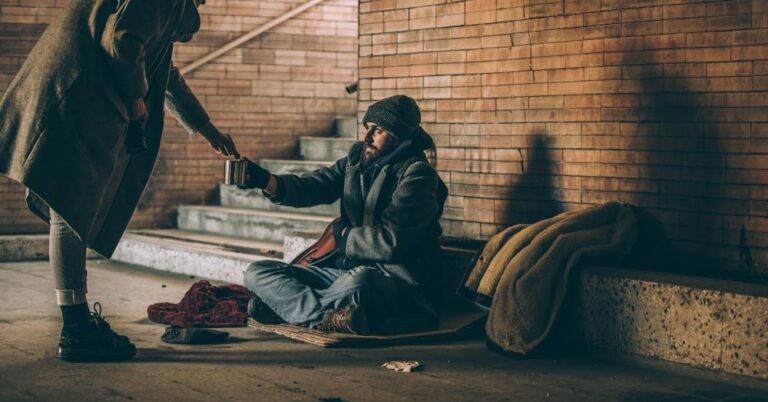
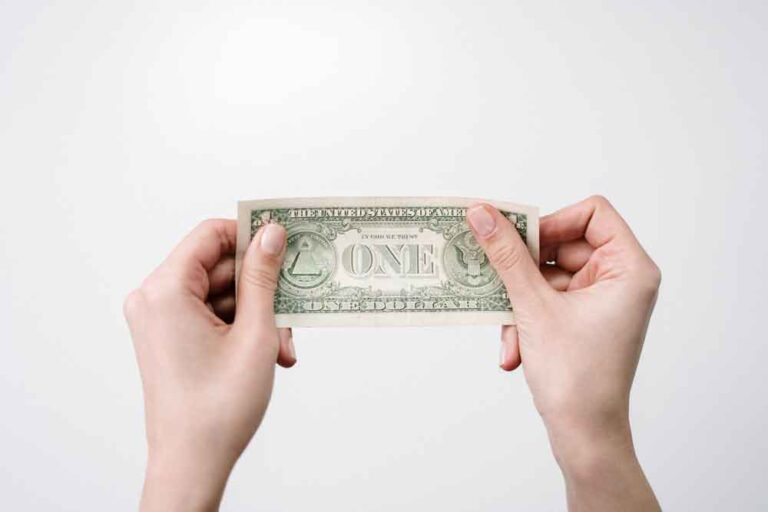
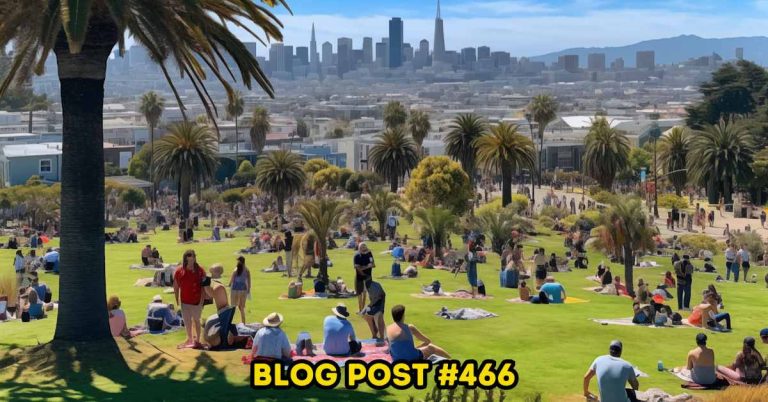
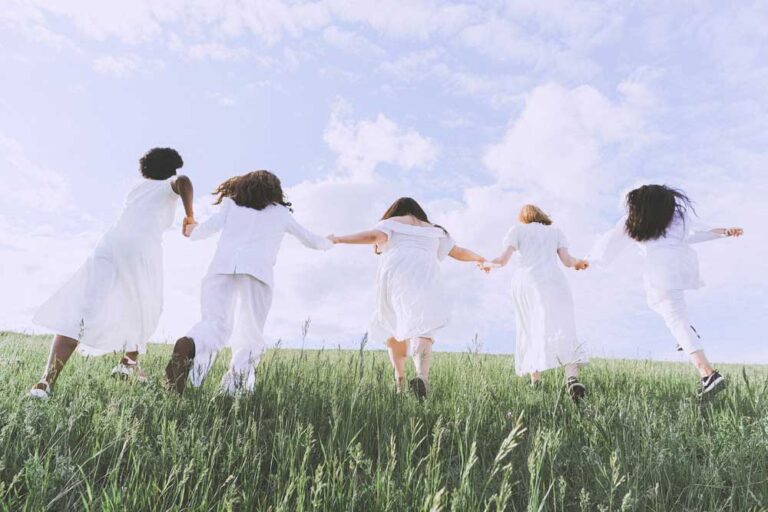

2 thoughts on “History of Happiness: Lessons From The Past For The Future”
Pingback: Social Inequality, Black Lives Matter, & Other Movements
Pingback: Butt-Kick Technique Will Help Your Life, Wallet & Well-Being